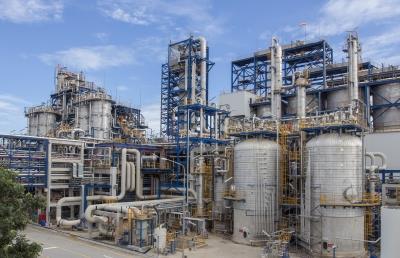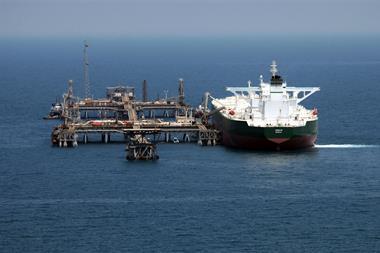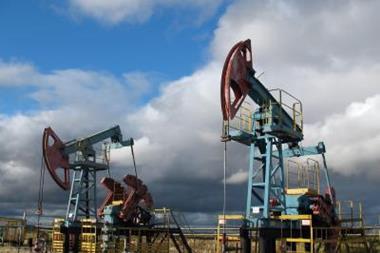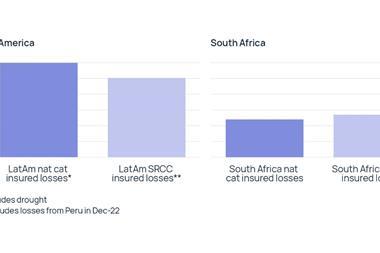Exchange transfer and sovereign non-payment risks rise in oil-priducing nations affected by global oil price fall

The recent fall in global oil prices has led to increased exposure to political risk for firms trading in or with businesses in oil-producing nations, according to Aon’s Political Risk Map 2015.
Created in partnership with Roubini Global Economics (RGE), the map annually tracks changes to the political risk landscape in 163 emerging markets and territories, excluding the EU and Organisation for Economic Cooperation and Development countries.
A key trend for 2015 is the heightened level of political risk affecting several oil-producing nations following the sharp decline in global oil prices in the third and fourth quarters of 2014. There were 19 changes to country risk ratings, compared to 15 in the previous year. African countries accounted for most of the downgrades, with oil producers particularly exposed to exchange transfer and sovereign non-payment risk.
The map’s accompanying report states that as a result of the fall in global oil prices, domestic institutions in oil-producing nations will come under strain in 2015 and the security environment in neighbouring oil importers will be weakened, particularly in North Africa.
However, exporting nations and unions with more resilient institutions and more savings, such as the Gulf Cooperation Council (GCC), Colombia, Malaysia and Kazakhstan will prove better equipped, compared to those more institutionally vulnerable to the slump, such as Angola, Ghana, Venezuela, Russia and Ecuador.
RGE senior director emerging markets Rachel Ziemba said: “All oil-producing nations will feel the strain in 2015 but GCC nations saved finances more efficiently when business was better.
“The difficult growth conditions in terms of the global economy makes it harder for states to fight non-state actors, such as the Islamic State and Boko Haram.”




















No comments yet